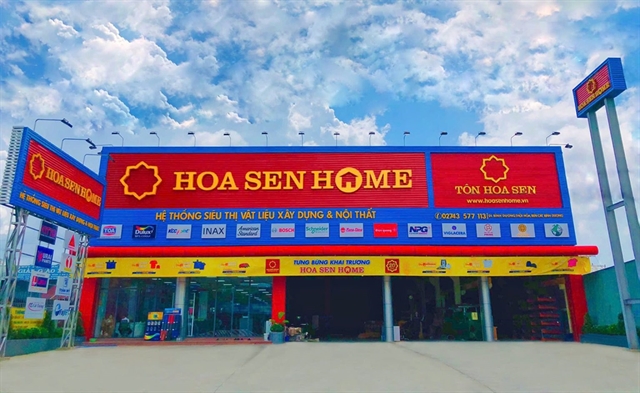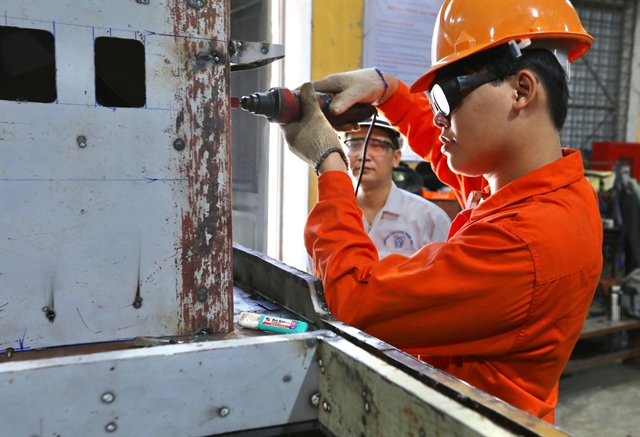 Society
Society


|
| Students practicing at Maritime College. — VNA/VNS Photo Trung Hiếu |
HCM CITY — Businesses in HCM City will need about 155,000 to 165,000 new workers in the second half of this year, according to the HCM City Centre of Forecasting Manpower Needs and Labour.
The jobs in need are for four key industries, including food processing, chemicals, mechanics, electronics and services.
Vocational training and quality staff are needed to meet market requirements.
Notably, demand for trained workers accounts for over 86 per cent of the total human resources needed.
In Bình Dương southern province, in the first six months this year, the number of unemployed without degrees or certificates accounted for nearly 92 per cent of all people applying for unemployment allowance, according to the provincial Employment Services Centre.
The number of workers with certificates applying for unemployment benefits accounts for only a small percentage.
Education and training need to be innovated to provide skilled and qualified human resources, contributing to an effective labour market.
Nguyễn Khánh Cường, principal of the Lilama 2 Technology International College in Đồng Nai southern province, said that to become an excellent vocational training centre and reach an international level, the college had joined the UK vocational training council and is also a member of the European Vocational Training Association.
It has since been recognised as a leading international welder training and testing centre, he said.
The college prepares several professionals based on high-quality vocational training techniques from foreign countries such as Germany and Australia.
It cooperates with colleges abroad, exchanging teachers and training programmes to ensure that students are equipped with enough knowledge and skills to meet changes in the labour market.
Students at the college received education in technology, programming, human-robot interaction and new creative thinking abilities.
The college also set up many new training professions such as industrial automation engineering, aircraft maintenance engineering, aircraft structural repair and logistics in aviation based on the expected demands of the domestic and international labour market.
In the Mekong Delta, the Cần Thơ College is also actively improving its training programme quality.
It trains for many careers including three key national-level occupations that have high recruitment demand in many localities: tourism and travel service management, applied informatics, and environmental engineering technology.
The college works with businesses to provide training based on their requirements, ensuring practicality over just theory time.
It also focuses on internships at enterprises.
Located in the southern key economic region, the College of Machinery and Irrigation focuses on training for a number of occupations that are in demand by the labour market, such as electronic and energy technology in buildings, mechanical technology, heating and air conditioning.
Nguyễn Văn Chương, principal of the college, said that it combined training and equipping students with soft skills such as teamwork, problem-solving, research, creativity, and initiatives on the environment and energy saving, meeting the national strategic goal of green growth. — VNS




